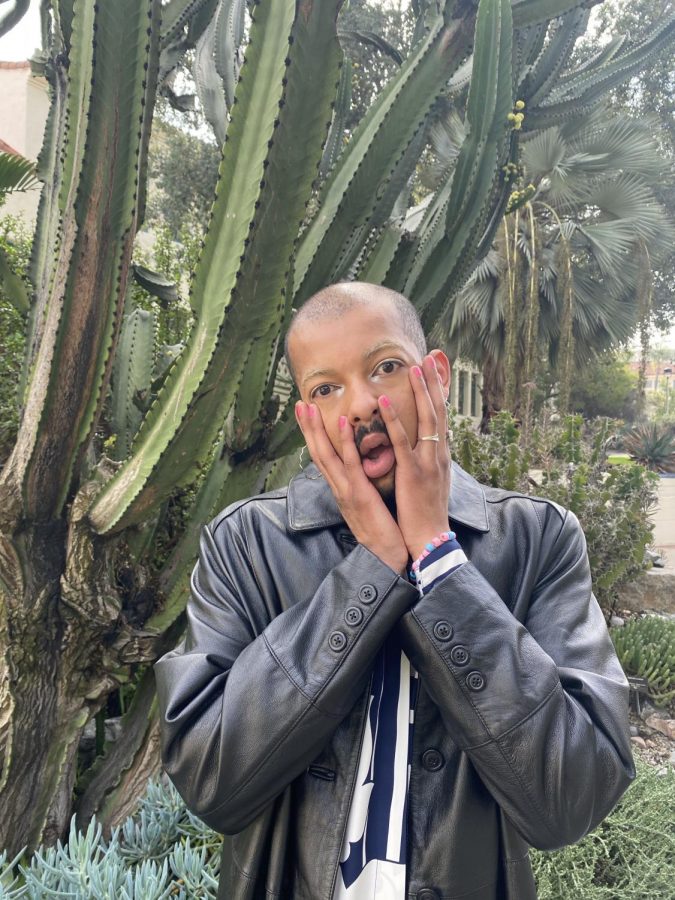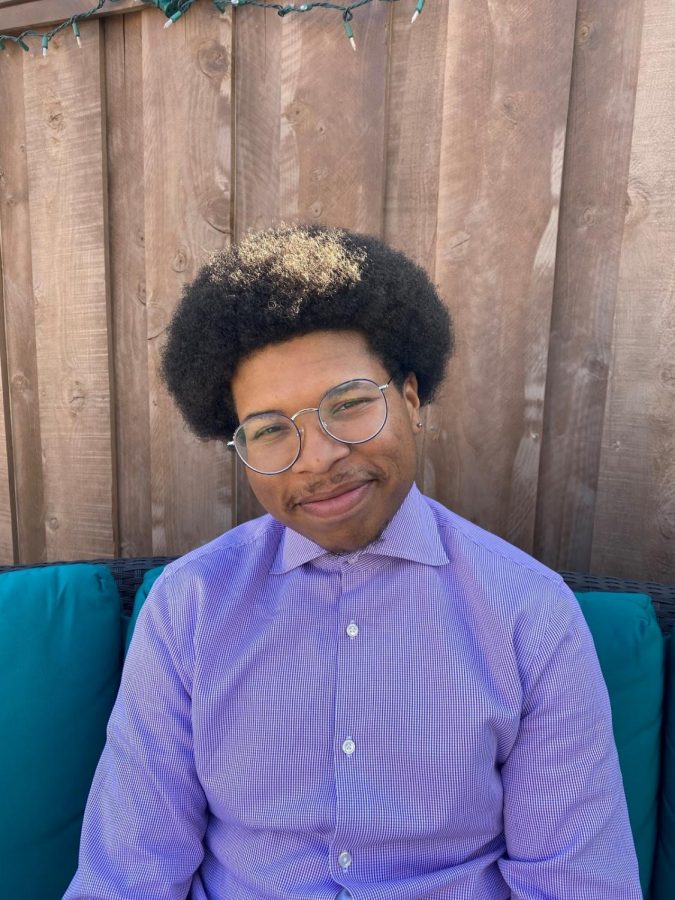“The truth is not for all men, but only for those who seek it.”-Ayn Rand
In the summer of 1998, I received a large manila folder in the mail. There wasn’t a return address, just a P.O. Box number. Inside the folder were numerous files and photos relating to the case of Jeremiah Dreyfus, a former police officer. Dreyfus was incarcerated and put on death row for the fatal shooting of 34-year old man supposedly running from a hit-and-run. Dreyfus was suspended without pay for 30 days and indicted by a grand jury for police brutality and racial profiling. The prosecuting attorney used Dreyfus’ ethnic background against him, painting him as a “self-hating, vengeful man, bent on punishing any minorities for their racial backgrounds.” On June 2, 1997, Dreyfus was convicted and sentenced to death. He was executed three months later by lethal injection. Throughout the case, Dreyfus maintained his innocence, saying his reactions were of those of any police officer. The case made national headlines on racial profiling. Most of the public wrote it off as a hate crime.
I left my number in the P.O. Box, hoping he would call. A day later my phone rang. “Hello?” I answered.
“I know reporters such as yourself like to write big stories. With all that information I sent you, it’s not easy to guess what you’ll do with it. The only thing I ask is that you treat it with dignity and respect, befitting a wrongly accused man,” he said.
I nervously asked, “Why me?”
The Voice returned,
“The real question you should be asking is, ‘Why not you?’ I have to go now, but if you need a source for the story, call me Fredrick Rand. Simple enough.” I heard a noise, and the line was dead. The Voice had gone.
I began my book in earnest, starting with a basic outline on the history of the case. Finally, after I could stall no longer, I opened the journal, thumbing to the last page.
It read: “Being that Final Words and Thoughts of Jeremiah Dreyfus, condemned but wronged man.”
“I don’t dispute the fact that I shot a man. He ran from the crime and I opened fire after ordering him to stop. He went down. I rushed to arrest him, but found him already unconscious. A mob descended while I waited for backup. They cried out in anger for my arrest and even death. It went on for weeks, people crowding outside of the court, screaming for vengeance, not justice. My wife left with my kids to her mother’s house. She did not attend any hearings or proceedings. In the weeks preceding my conviction, I was not allowed to come into contact with anyone without the presence of my lawyers. I was an outcast. I do not blame this country for attacking me for my behavior. I can only maintain my innocence and pray the jury would see my side. In the time I worked for the department, I had never fired my gun, preferring to talk things out. But they did not see it that way. The jury found me guilty and I was sentenced to death. I am sorrowful that my behavior caused so much trouble. While I can never undo the damage, I can only ask for forgiveness. I hear the guards coming now. I think this is it. SIGNED: Jeremiah C. Dreyfus”
I was moved. He worked that neighborhood for years and in one month he was exiled to face his fate alone. Better men would have caved in and shot themselves under that pressure. But here he stood, accepting his fate.
As I wrote, I became more convinced of his innocence. Jeremiah Dreyfus became the symbol of the American public’s fickle heart following the release of the book. TV pundits fought each other, papers labeled it a “national tragedy, needing a probe to determine its plausibility.”
In his diary, Dreyfus never once mentioned race. To him, the fact that he had robbed a man of his life was the much more egregious an error. Many questioned who my source was, but I could only offer them the pseudonym I had been given.
“What makes this country so volatile?” I wondered. “What makes a city turn on its own? And what gives man strength in knowing his own innocence despite calls to the contrary?”
Jeremiah Dreyfus lived more in the weeks leading up to his execution than most live in a lifetime. And what does he have to show for it? What do we have to show for it? In the end we are all guilty and in the end we are all innocent. Guilty for condemning Jeremiah Dreyfus and innocent to think we were right.






